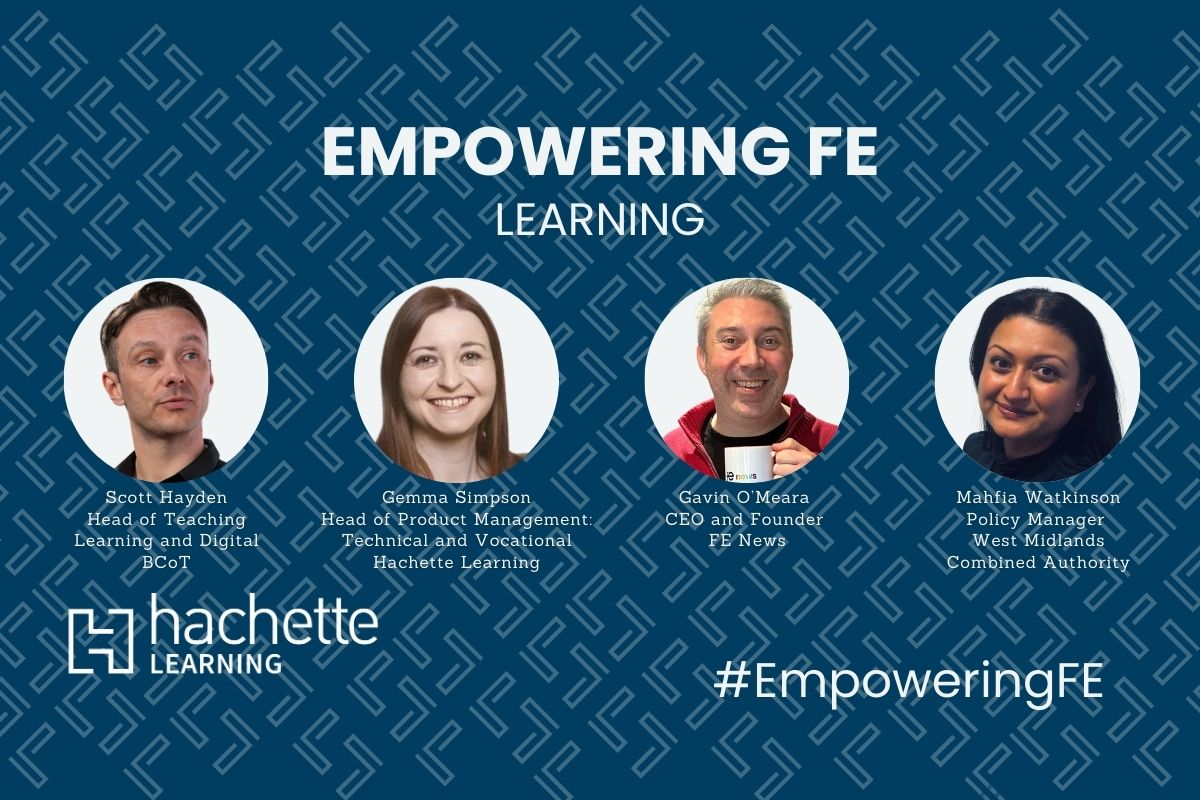New UCAS research shows strong demand for apprenticeships from students keen to keep learning in the autumn

More than three quarters (78%) of students who are getting their results next week, but do not plan to immediately start a three year full-time undergraduate degree, are interested in starting an apprenticeship according to research by UCAS (@ucas_online).
New research published today by UCAS shows 56% of 17-19 year olds who are receiving their grades next Tuesday (10 August 2021), but are not intending to start a traditional degree course in the autumn, have considered an apprenticeship. A further 22% said their main plan is an apprenticeship (16% higher/degree level, 6% advanced level).
In 2020, 37% of UK 18 year olds progressed from secondary education onto university or college through UCAS.
The new report ‘Where next? Who doesn’t plan to start a full-time undergraduate degree in autumn?’ sheds new light on the thoughts and plans of remainder of young people choosing to take a different route:
- The main features of apprenticeships are attractive to young people, including choosing options that “earn money” (50%), to continue learning but in “a different way” (43%), and to do something “new and different” (42%).
- Almost nine in 10 (88%) of students are either “fairly committed” or “very committed” to their chosen route despite being largely unable to visit or attend interviews in person.
- Of all the survey respondents (of which 38% had a live UCAS application but had not accepted any offers, and 62% who had not applied through UCAS at all), only 11% say they had received enough careers information, advice, and guidance and did not require any more, while 9% state they did not receive any at all*.
- Just under a fifth of students (18%) who are not planning to go to university or college in autumn feel they do not have many options for next year.
These latest findings come after UCAS revealed in its Where Next? Improving the journey to becoming an apprentice report in May that over half of students looking to apply to higher education in 2022 said they are interested in apprenticeships, but many find it hard to get the information they need about them.
UCAS is supporting students discover more about their potential futures and make informed decisions about their next steps with personalised, high-quality careers advice, information, and guidance. UCAS’ goal is for its service to be as strong for would-be apprentices as it is for prospective undergraduates, allowing students to explore their options in a truly comparable manner.
UCAS’s apprenticeship platform CareerFinder , which helps students find degree and higher apprenticeships, saw a record 1.35 million searches in the last 12 months, up 37% in 2020. These searches have resulted in 225,000 applications, an increase from 181,000 last year (+24%).
UCAS Chief Executive Clare Marchant said:
“With results day coming up, it is crucial for us to understand the plans and motivations of all students so that we can provide relevant, timely and personalised support covering all their potential pathways.
“Our latest insight sheds new light on the importance of making sure all students have access to excellent careers information, advice and guidance, especially as there is such strong demand for apprenticeships. It’s clear that many students don’t plan to start a three year degree straight from school, and are beginning to welcome the opportunities of learning in a different way and developing new skills while earning through an apprenticeship.
“There is an opportunity through the government’s Skills and Post-16 Education Bill to ensure young people have the ability to make truly informed decisions about their futures. We are already enriching our services so that students can discover more about their futures, whether their chosen path leads them to an apprenticeship, a higher technical qualification, a part-time, flexible course, full-time undergraduate study or employment.”
Sector Reaction
 AELP research director Paul Warner said,
AELP research director Paul Warner said,
“With only 18% of university graduates securing jobs last year, the impact of the pandemic is undoubtedly a factor in young people questioning the perceived wisdom behind some of the traditional choices available. The good news to go with the increased appetite for apprenticeships identified in the UCAS survey is that apprenticeship vacancies are running at record levels as the economy recovers.
“The issue remains however that too many students in schools and colleges have to find out for themselves about apprenticeships, often online or through friends and family, which is why AELP is backing Lord Baker’s amendment to the Skills Bill to ensure compliance with the Baker Clause. Ministers promised a summer consultation on the 3-point plan in the Skills for Jobs white paper to enforce the clause and we really need to see that soon.”
 John Yarham, Deputy Chief Executive at the Careers & Enterprise Company, the national body for careers education, said:
John Yarham, Deputy Chief Executive at the Careers & Enterprise Company, the national body for careers education, said:
“More young people are considering apprenticeship opportunities, and this is in no small part due to the phenomenal job that Careers Leaders in schools and colleges are doing week in, week out, supported by a growing number of employers. Young people knowing about apprenticeships means more young people finding their best next step out of education and into the world of work. This means more students going into fulfilling careers and taking the path that’s right for them. Making sure every school and college works with apprenticeship providers and showcases the high quality, high impact opportunities available couldn’t be more important.”
Simon Reichwald, Strategic Lead for Talent at MyKindaFuture, the leading HR company specialising in engaging and onboarding underrepresented talent, comments:
“We are pleased to see more and more young people realising that there is more than one option to consider after school and that it isn’t all about university. However, it is clear that more still needs to be done to better inform all students about the options available to them, including apprenticeships. It is not good enough to simply send out the odd information pack in the post or over email. Students need to be properly engaged and offered the experiences and knowledge they need to make informed decisions about their future. One solution to this is offering virtual work experience programmes. These are a fantastic way to provide students with deeper insights into specific industries, the world of work and what apprenticeships will involve. Plus, they can be launched at scale, overcoming regional barriers and reaching young people who have previously missed out on these types of opportunities.
“There are solutions to ensuring that all young people leave school feeling empowered to choose the right path for them, but it is critical that the Government, industry, and social enterprises work collaboratively to build on the progress already made to put alternative options, like apprenticeships, in the spotlight.”










Responses